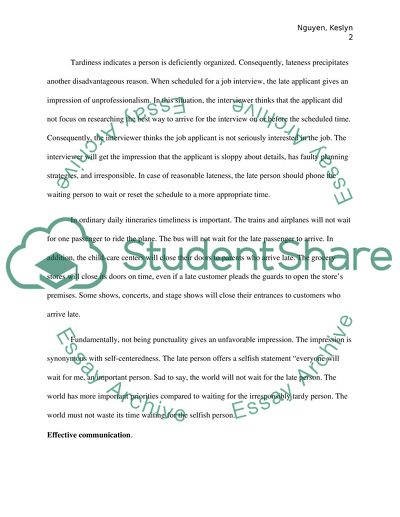Cite this document
(Importance of Personal Principles Essay Example | Topics and Well Written Essays - 2500 words, n.d.)
Importance of Personal Principles Essay Example | Topics and Well Written Essays - 2500 words. Retrieved from https://studentshare.org/sociology/1441731-assignment
Importance of Personal Principles Essay Example | Topics and Well Written Essays - 2500 words. Retrieved from https://studentshare.org/sociology/1441731-assignment
(Importance of Personal Principles Essay Example | Topics and Well Written Essays - 2500 Words)
Importance of Personal Principles Essay Example | Topics and Well Written Essays - 2500 Words. https://studentshare.org/sociology/1441731-assignment.
Importance of Personal Principles Essay Example | Topics and Well Written Essays - 2500 Words. https://studentshare.org/sociology/1441731-assignment.
“Importance of Personal Principles Essay Example | Topics and Well Written Essays - 2500 Words”, n.d. https://studentshare.org/sociology/1441731-assignment.


